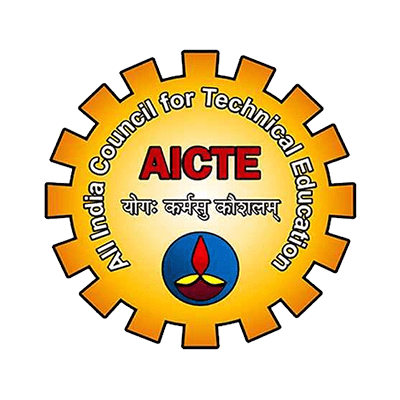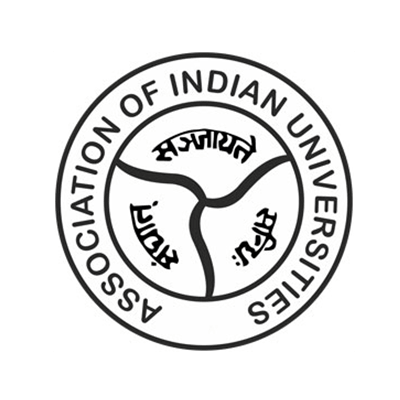IMI-Kolkata hosted the 12th Annual Conference of the Asia-Pacific Economic Association. Dignitaries and eminent personalities from the academic world across the globe crowded the floor of IMI-Kolkata. The Conference began with the lighting of the ceremonial lamp by the dignitaries.
Dr. Arindam Banik, Director, IMI-Kolkata addressed the august gathering with his views on economic implications of trade relation in the Asia Pacific region that existed since the ancient times. He then spoke on the Sino-Indian trade relations and the increased importance of regional integration in the wake of the Asian crisis of 1997.
Dr. Shin-Ichi-Fukuda, Vice President, APEA in his welcome address, appreciated the IMI-Kolkata team for hosting the 12th APEA in such a vibrant dynamic campus and expressed his optimism about the success of the conference.
The APEA was formed in aftermath of the Asian Crisis of 1997, when the need for a forum that facilitated sharing of knowledge, dissemination of economic research and the necessity to make ‘new friends’ in the region.

Dr. Un Chan Chung, Chairman, Korea Institute of Shared Growth, delivered the keynote address during the inaugural session. Dr. Chung Mo Koo, Professor, Kangwon National University, South Korea & Vice President of APEA introduced the former prime minister of South Korea to the gathering. Dr. Un Chan Chung, a Ph.D. from Princeton University (1976) and an avid baseball fan, had taught for 31 years at the Seoul University before taking up the prestigious public office. In his address he expressed his excitement at speaking in the city of Nobel laureate Rabindranath Tagore, and how the prophetic lines in the poem “Lamp of East” in 1929 on South Korea had moved the people of the country.
Dr. Un Chan Chung spoke mainly of the Korean economy and its challenges in his keynote address. He talked of how after the end of conflict in 1953 in the Korean Peninsula, there was sustainable economic growth from the 1960’s till 2010’s. The rise of conglomerates and exports were the major growth drivers during this time, which resulted in a growth of 11,000 times since 1953. Presently, as of 2015, South Korea is the 11th largest economy in the world GDP wise with $1.38 trillion dollar. Samsung alone contributes to 10% of the GDP. China and Korea were earlier collaborators, but now with rapid growth of China they have become competitors. Korea is mainly an export driven economy and has a trade surplus of $73.6 billion US over China but now growth has slowed down in Korea over the past 7 years. There are various reasons that can be attributed to the situation but according to him, the heart of the problem lies in difference between the conglomerates and the SME’s. Conglomerates take undue advantage of their size and market power to buy out SME’s. Here comes the concept of Shared Growth of which he is the foremost proponent, which would help in not only fair distribution of wealth but also of economic growth with systemic development.
People have a misconception that shared growth means taking from the rich and giving to the poor, but it actually involves economic development whereby the pie gets bigger, thus increasing everyone’s profit share. This concept could also be successfully applied to other emerging economies as well. He concluded his address with an interactive question answer session with the audience.














